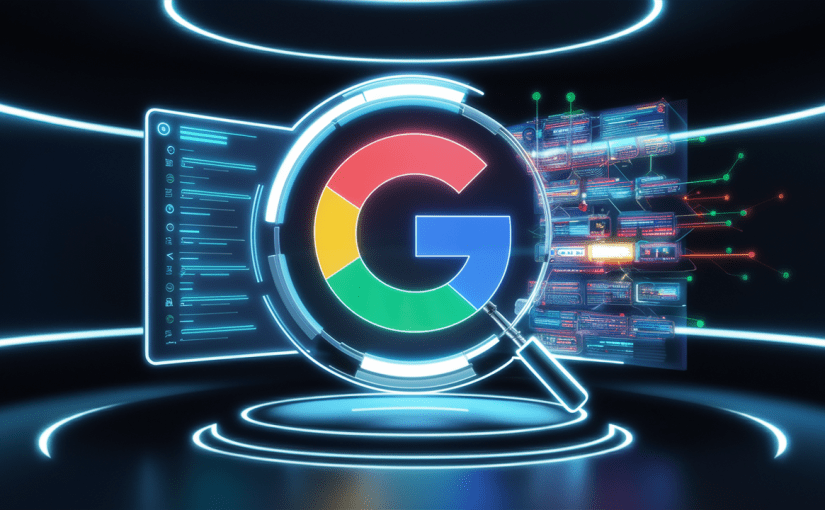Whether Google cares about AI content or not has been a topic of debate. Their search rater guidelines, which are a document used by humans to evaluate the search results and provide feedback, used to mention that they were looking for “the best content written by people.” Then, at some point, they decided to remove the people part.
This was seen as a sign that they may not be completely against AI content if it was quality content that served the Google user well.
The Google Search API Leak Classifies Sites as AI-generated
A massive leak exposed some of the APIs that Google uses internally for data related to the search algorithms. SEOs confirmed some of the things we already suspected about the search algorithm.
Most of the information in the leak is just confirmation, but then someone noticed that there was a sitewide AI classifier.
If you haven’t heard about this, you must read the thread linked above. One key thing is that there appears to be an AGC score, which we think means “AI Generated Content.” This makes sense because Google uses UGC to refer to User Generated Content.
Does This Mean All AI Content Is Impacted?
This doesn’t necessarily mean Google is de-ranking content. We don’t even know if this is something used in the actual algorithm. However, it does show Google’s intention to classify sites as AI-generated.
For a long time, I suspected that Google wanted to classify AI content, but the costs were too high for them to do this at scale. I still think it’s probably too expensive to do this across every page of Google’s indexes, but I wonder if they are testing it. They could possibly look for AI content on some pages and then apply this classifier at a site level if they detect too many AI pages.
In practice, a ton of AI-generated content still ranks well on Google, but I’m concerned that they could “flip a switch” on this classifier and nuke AI content. Since AI-generated content is easy to make, Google is dealing with a much higher content volume. They sometimes refer to this as search engine spam (I don’t). This leak shows that Google is thinking about dealing with this issue.
What Can You Do as a Content Producer?
One thing you can do is understand if systems like this can detect whether your content is AI or not. There are several different tools for this, but my top picks are Originality.ai and Undetectable.ai.
Originality.ai
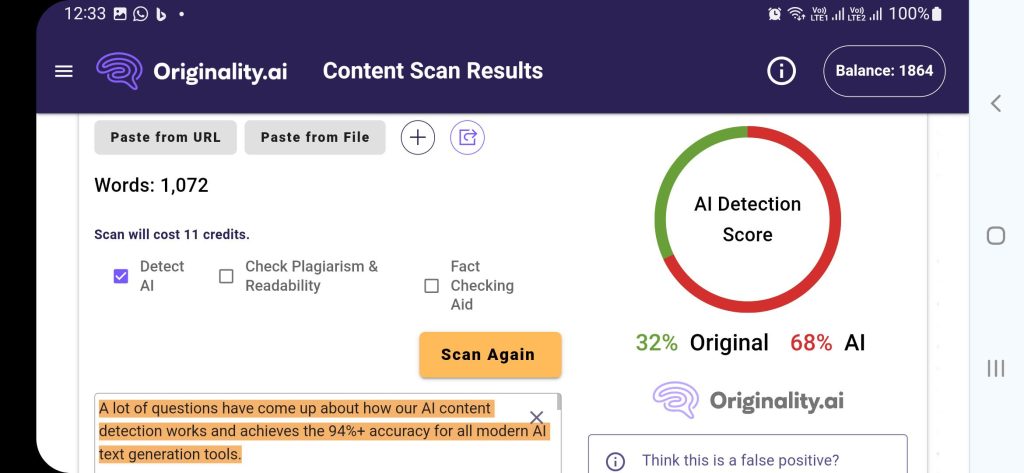
Originality.ai is one of the most advanced AI detection tools on the market. It’s more accurate than other tools, and it is constantly improving its AI detection. It also has some other cool features, like a plagiarism checker and a bulk website checker that allows you to scan your full website.
Undetectable.ai
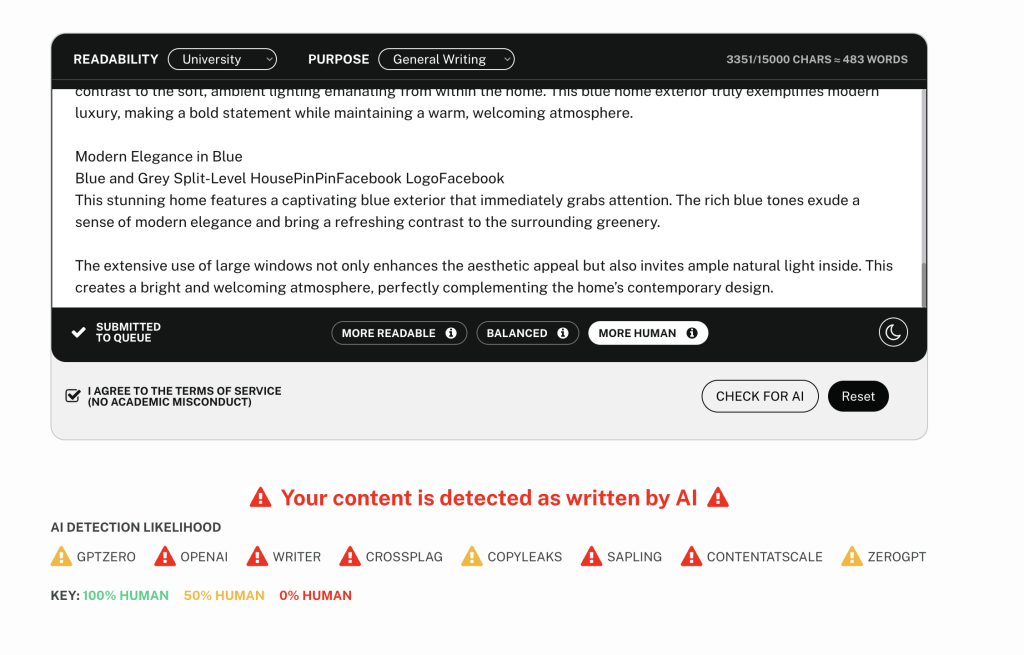
Undetectable.ai allows you to enter text and check it across several different AI detection models. You can check if your content is AI for free. It also offers another amazing feature I’ll discuss: humanizing your content.
I’m sure Google uses its own unique method to detect AI, but these tools give you an idea of how likely your content will be detected as AI. Given the leak, I think this is going to become more important.
Prevent Your Content from Being Detected as AI
A battle between AI content producers and AI content detectors is about to play out as each tries to get ahead of the other. As a content producer, you can still get ahead of this AI-generated content classifier by tricking the algorithm into thinking your content is human-generated.
Use Undetectable.ai to Humanize Your Content
Undetectable.ai wasn’t designed as an AI detection tool. It was designed to trick these tools into thinking your content was written by a human, and it works.
I humanized the same content that I used to generate the screenshot above, which was detected as AI content. Now, it passes for human-written content.
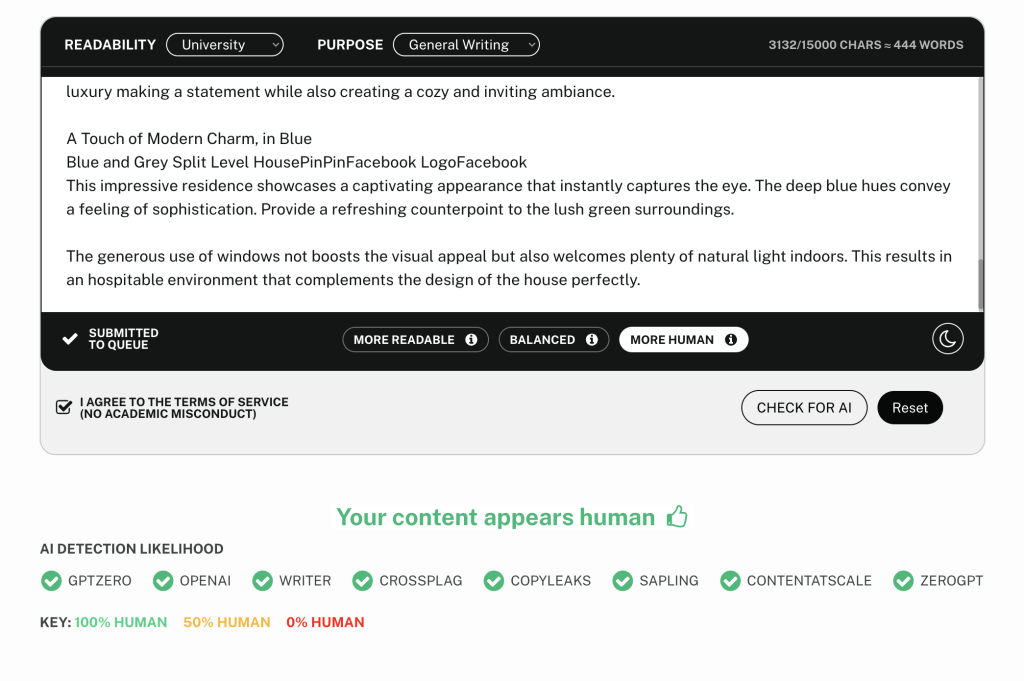
Not only can it defeat the AI detection of 7 different models, but it can also beat Originality.ai.
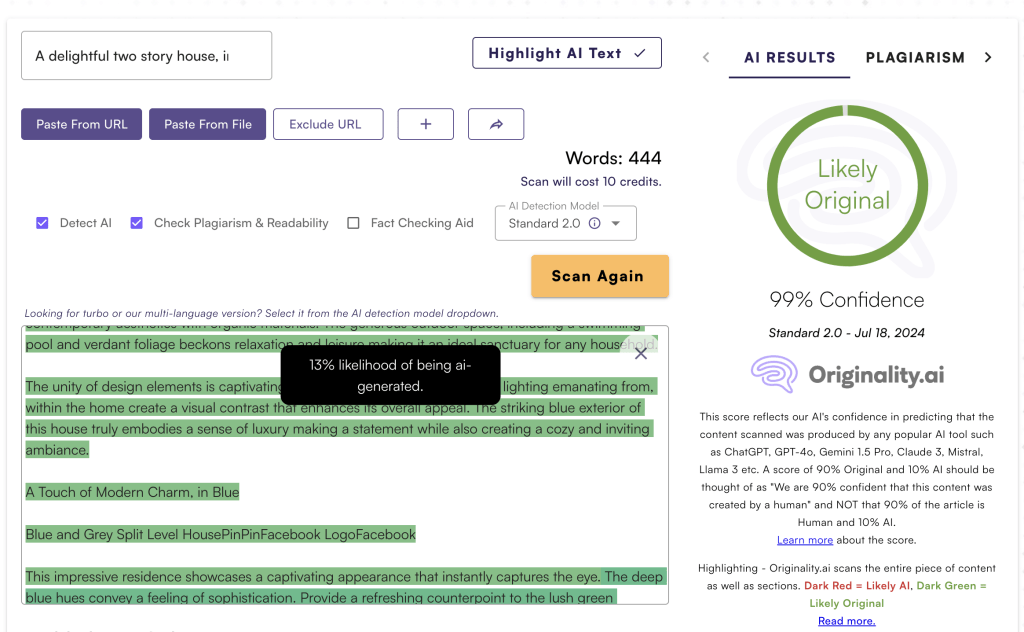
My Recommendation
As I mentioned, these tools are not exactly the same method of AI content detection that Google uses, but they allow you to see if machines can detect your content as AI. This is very important given Google’s clear intent to classify AI content at a sitewide level.
First, you need to know if your content can be detected as AI. There are several different tools for this, but Originality.ai is leading the market. You need to know if your content is seen as AI. This is especially true if you’re buying content, knowingly producing AI content, or are 100% sure that your articles are human-written.
Even if you’re sure a human wrote your content, it could still be mistakenly classified as AI. You need to check how a model reacts to your content so that Google doesn’t accidentally slap you with a sitewide AI classification. Originality.ai is the best tool for understanding if your content seems like it was written by AI.
Then, you can protect yourself by humanizing your content. If your content is detected as AI, you are at risk of AI-generated content classification. The only way to beat this is to prevent your content from being detected as AI. That’s where Undetectable.ai comes in. It’s the best option I have seen for defeating AI content detection.
Tools like these are how you stay ahead of Google in this new AI-driven content world.

